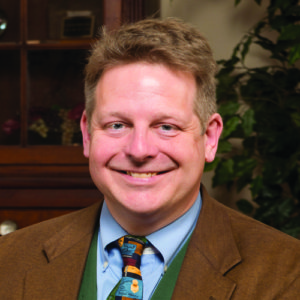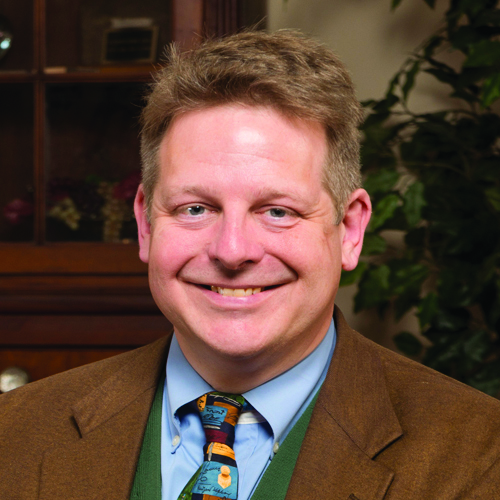The Liberating Arts: The Liberal Arts and all that rot

John Alexander Smith, a professor of philosophy at Oxford, told students the following in 1914: “Nothing that you will learn in the course of your studies will be of the slightest possible use to you in after life, save only this, that if you work hard and intelligently you should be able to detect when a man is talking rot, and that, in my view, is the main, if not the sole, purpose of education.”
Leaving his old-fashioned sexism and Oxfordian wording aside, we see in these words one possible alternative to the career-based understanding that many people bring to their college experience.
Even when an educational experience seems to have little practical use, it may be helping you train your mind for clearer thinking on a fundamental level. However, sharpening your mind is not easy. In the long run, training in thinking matters more than many things you may think of as more practical, to yourself and to your society, and such training is at the core of the liberal arts tradition.
One challenge this style of education faces, of course, is that people who most need it tend to be least aware of that need. When it comes to specific skills, it isn’t hard to know what we don’t know. Whether we’re talking about accounting regulations, complex chemical reactions, or performing technically difficult musical pieces, we can point to specific technical skills we don’t possess.
When it comes to basic thinking, however, we tend to think that we have things more or less under control. We think our own grasp of logic is fine; after all, we always make sense to ourselves. What’s more, just getting this far in life seems to be evidence that we know enough. We aren’t deluded. At least in any way that we are aware of.
The liberal arts respond to these very human ways of thinking with a call to mental discipline. Math and science are not merely job skills: they are a collection of structured ways of thinking about the world, and about our ways of gathering evidence, that put checks on some of our tendencies to mistake the ways of the universe.
The humanities are not merely formless opinion, but a set of structured ways of working through human problems when we ourselves are part of the problem and persuasion is part of the solution. The arts are not merely ways to sing for your supper, but to think about human expression and communication in ways both subtle and broad. All of these, if worked at hard and intelligently, teach you the importance of knowing the subject at more than a superficial level and relying on more than your untrained instinct.
Even more important is how your mind can develop through the synergy of these multiple disciplines. If you take seriously the charge of the liberal arts—to be competent across a broad range of disciplines—then you gain the flexibility that comes from having multiple approaches to seeing the world and solving its problems at the ready. You also gain a deeper understanding of the various ways that evidence presents itself, that it can be distorted, and that we have, and can continue, to fool ourselves.
This kind of thinking does not come automatically, or even merely from enrolling in a set of courses at a school like this. Errors of thinking persist because there are natural tendencies in human thinking and feeling that lead to those errors. The discipline you can try to develop will always work against that grain, imperfectly.
But the world always needs people who are willing to do the hard work of finding the truth, whether or not it matches a particular job title or will lead to numerous likes on social media. We have always struggled with fake news and partisan truths; one calling of the dedicated liberal arts student is to detect that rot and help clean it out, however it may appear. That’s a job that will always need doing.

